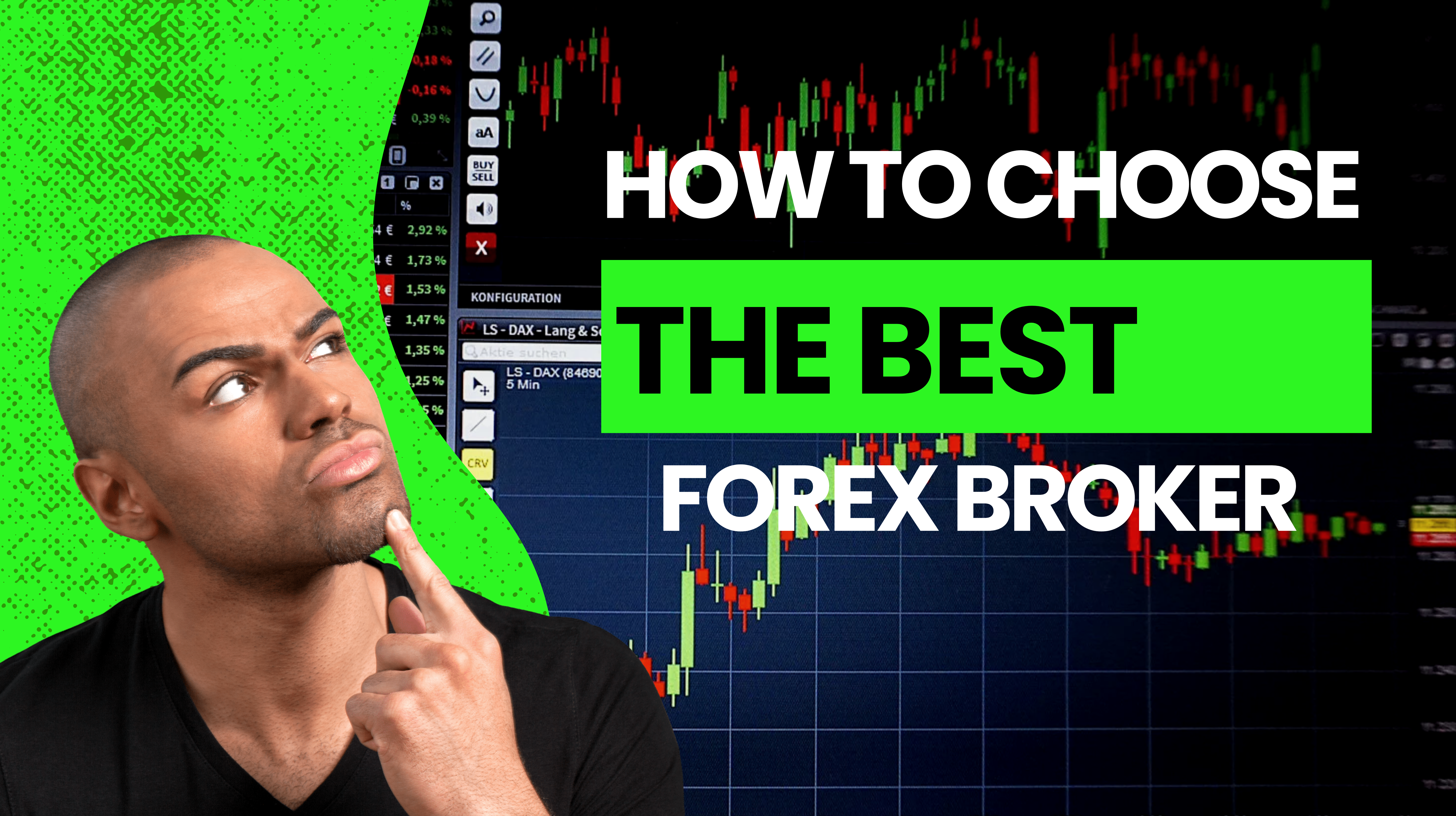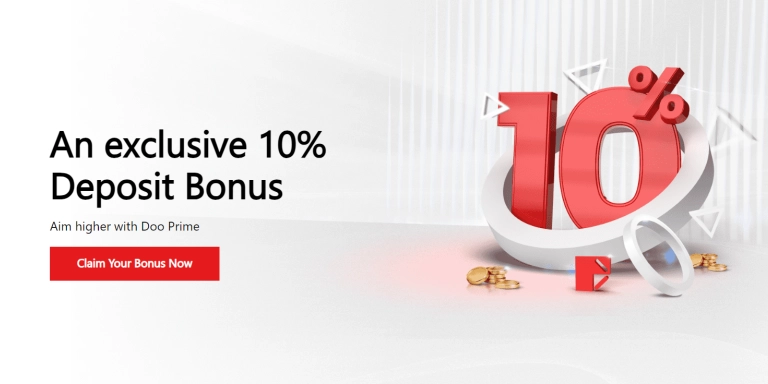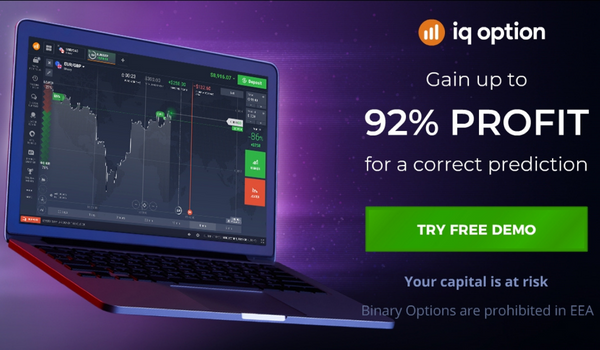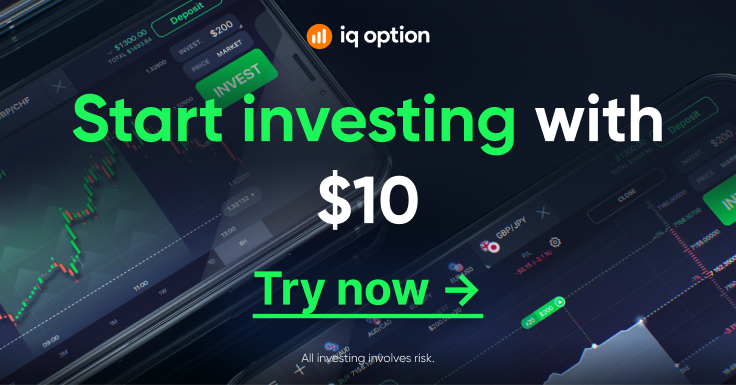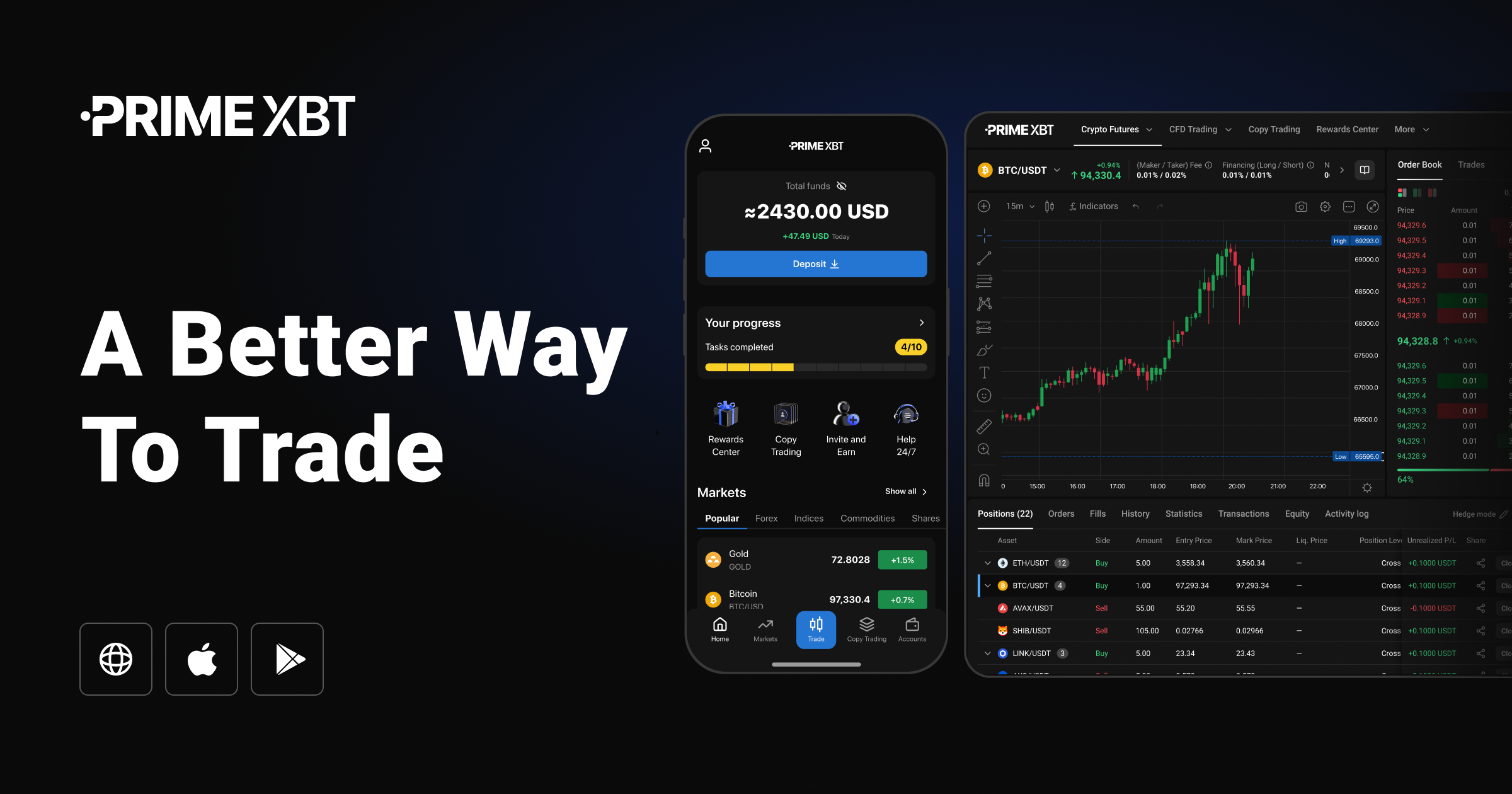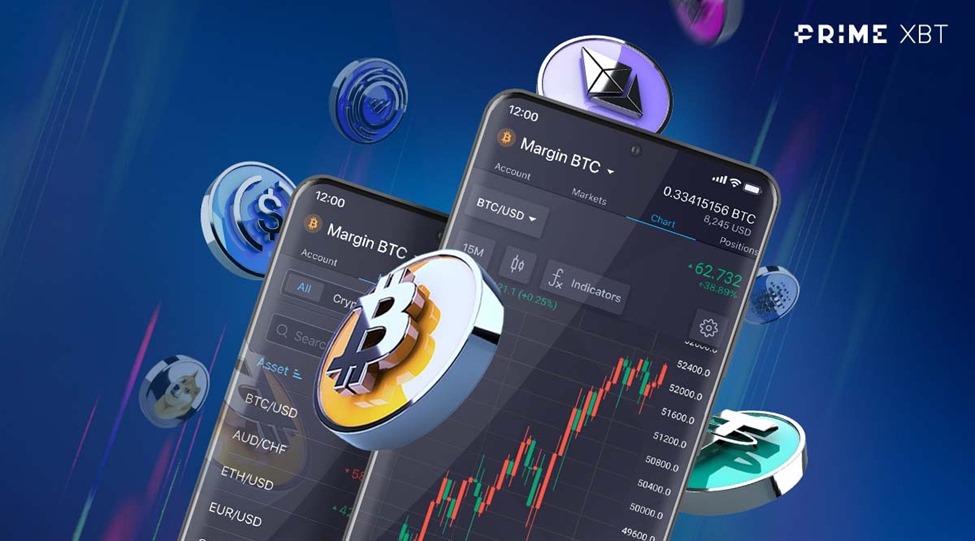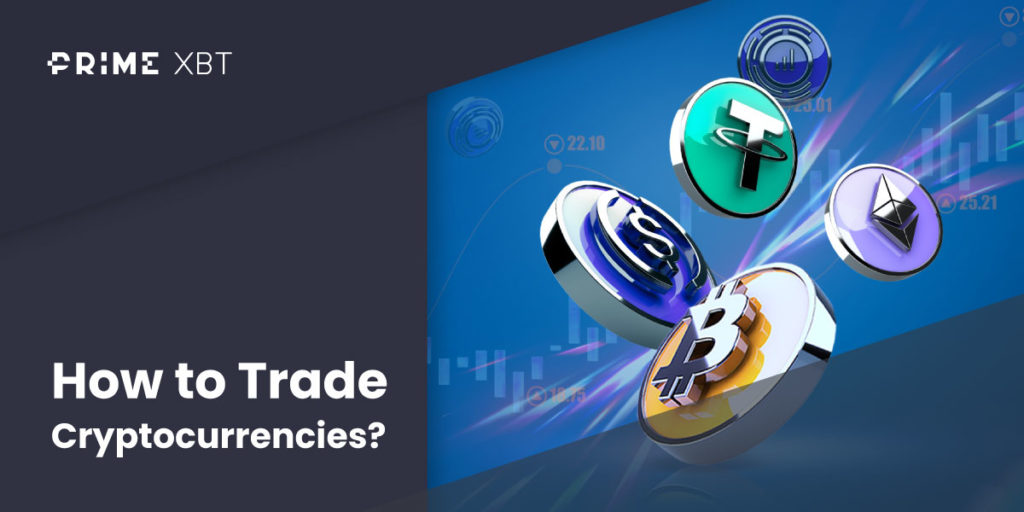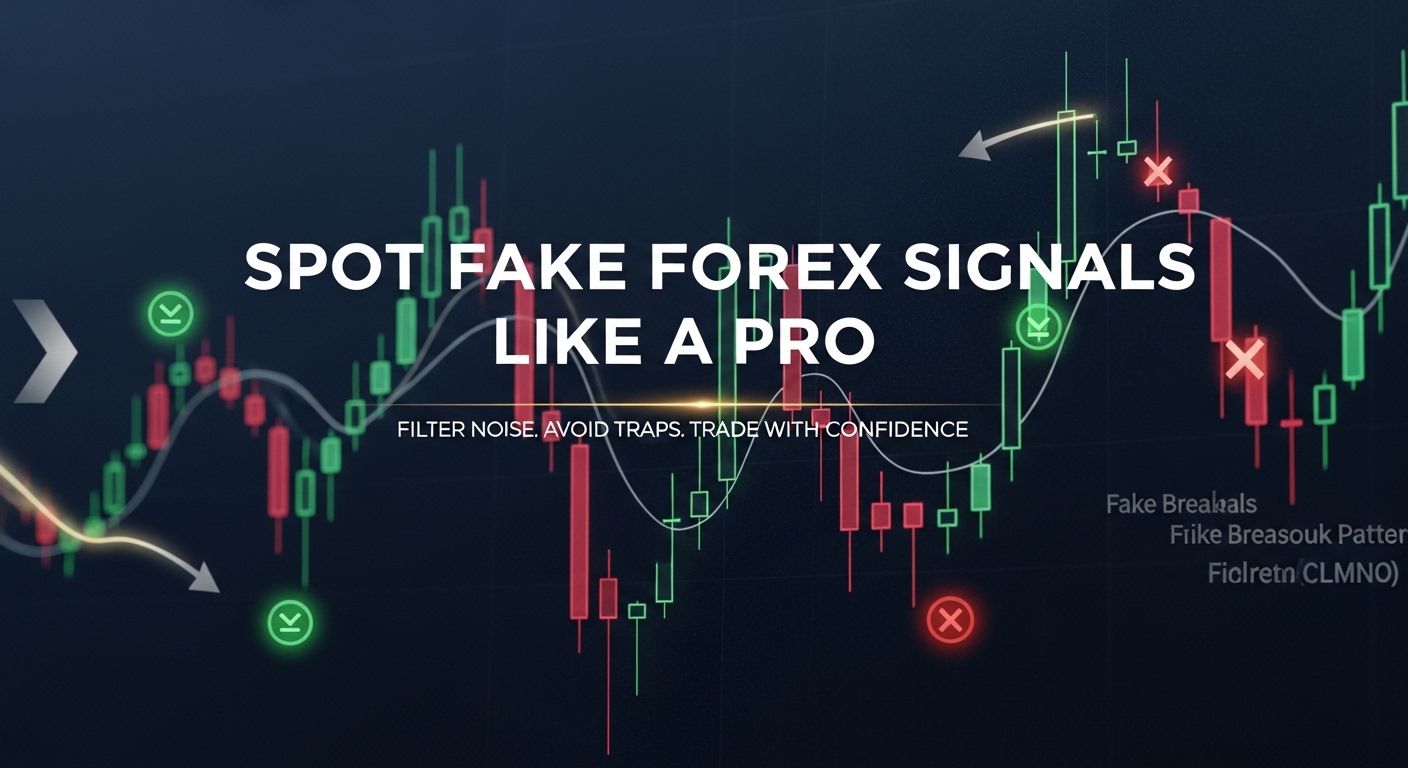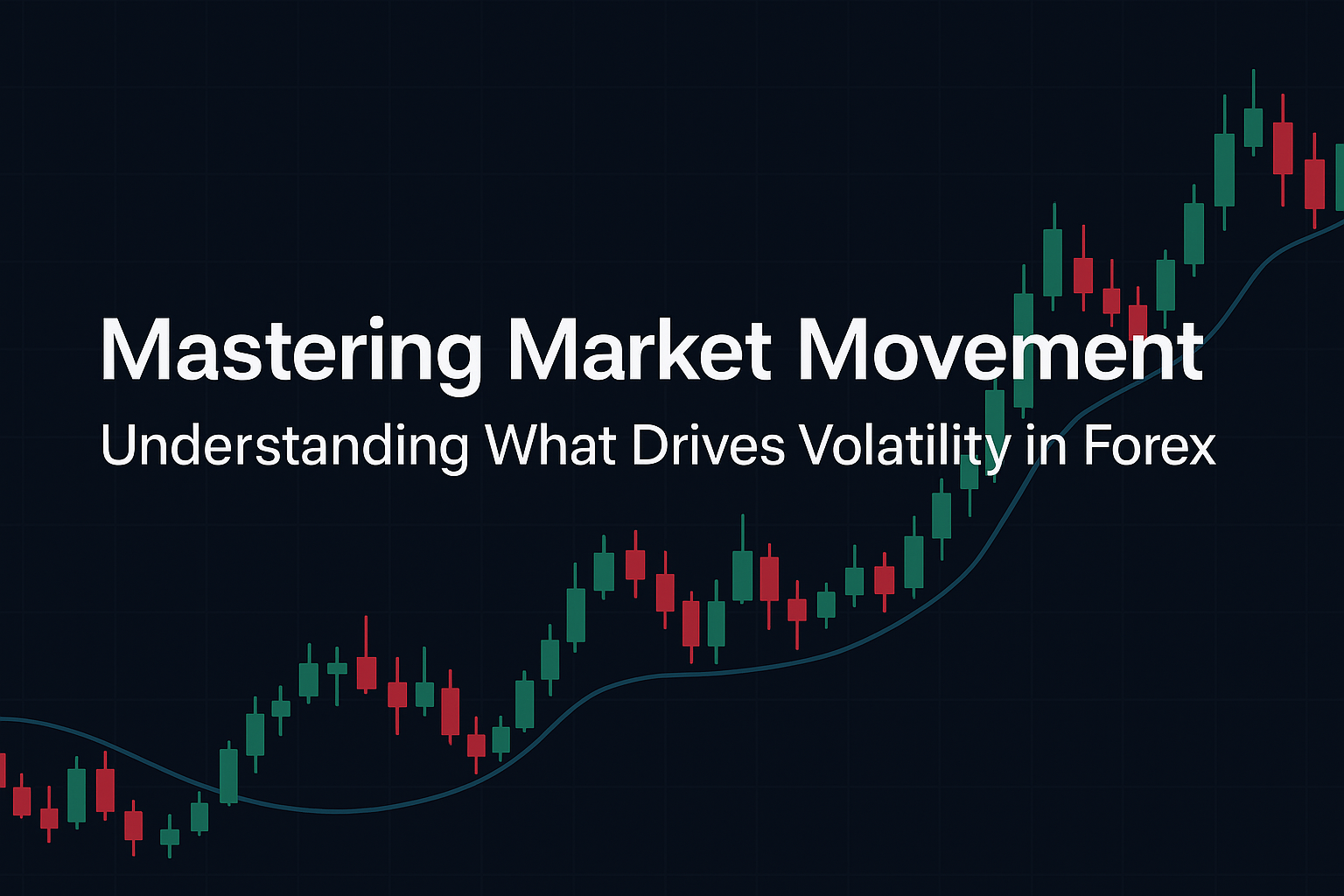Table of Contents
Introduction
Choosing the right Forex broker is one of the most important decisions traders make on their journey to success. A reliable broker serves as the bridge between traders and the dynamic Forex market, influencing everything from the trading experience to profitability.
In this comprehensive guide, we’ll explore the critical factors to consider when selecting a broker, ensuring your choice aligns with your trading goals and preferences.
We’ll also provide an overview of some of the top brokers in the industry, including Exness, Octa, Deriv, HFM, XM, and JustMarkets, highlighting their strengths to help you make an informed decision. Whether you’re a beginner or an experienced trader, this guide is designed to simplify the process of choosing your ideal Forex broker.
Why Choosing the Right Broker is Crucial
Selecting the right Forex broker is a foundational step in achieving trading success. The broker you choose can significantly influence your trading experience and profitability in several ways:
How the Broker Influences Trading Success
- Platform Reliability: A stable and user-friendly trading platform ensures smooth execution of trades without delays or errors, especially in volatile markets.
- Fees and Costs: Low spreads, transparent commissions, and competitive swap rates can have a huge impact on your overall trading costs, directly affecting profitability.
- Execution Speed: Fast and efficient order execution prevents slippage, ensuring trades are executed at the intended price, which is crucial for strategies like scalping.
Importance of Trust, Security, and Proper Regulation
- Regulation: Working with a regulated broker provides peace of mind, as regulatory bodies ensure that brokers operate transparently and ethically. Regulatory frameworks also protect traders’ funds by enforcing segregated accounts and other safeguards.
- Security: A trustworthy broker ensures the safety of your funds and personal data, using robust encryption and security protocols.
- Reputation: A well-established broker with positive reviews and testimonials is more likely to offer reliable services and prioritize client satisfaction.
Consequences of Working with an Unreliable Broker
- Hidden Fees: Unregulated or dishonest brokers often impose hidden charges, which can erode profits.
- Poor Customer Support: Slow or unhelpful support can leave traders stranded during critical moments, such as when technical issues arise or withdrawals are delayed.
- Manipulation: Some unethical brokers may engage in price manipulation or unnecessary requotes, leading to losses for traders.
- Withdrawal Issues: Unreliable brokers may delay or deny withdrawals, creating unnecessary stress and financial strain.
Choosing a broker that prioritizes transparency, regulation, and a user-friendly experience is essential to building a strong foundation for your Forex trading journey.
Key Factors to Consider When Choosing a Forex Broker
a. Regulation and Security
- The Role of Regulatory Bodies: Regulatory organizations like the FCA (Financial Conduct Authority), CySEC (Cyprus Securities and Exchange Commission), and ASIC (Australian Securities and Investments Commission) enforce strict guidelines to ensure brokers operate ethically, protect client funds, and provide a fair trading environment.
- How to Verify Regulation: Traders can check a broker’s registration details on the official websites of these regulatory bodies. A regulated broker will also display their license information transparently on their website.
b. Trading Platforms and Tools
- Importance of User-Friendly Platforms: A reliable trading platform is essential for smooth trading. Popular platforms like MetaTrader 4 (MT4) and MetaTrader 5 (MT5) are widely recognized for their intuitive interfaces, advanced charting tools, and algorithmic trading options. Some brokers also offer proprietary platforms tailored to specific needs.
- Essential Tools: Look for platforms that include robust charting capabilities, technical indicators, real-time price quotes, and automated trading features to enhance your trading efficiency.
c. Account Types and Flexibility
- Account Type Comparison:
- Standard Accounts: Suitable for most traders, offering a balance of features.
- Mini and Micro Accounts: Ideal for beginners, allowing smaller trade sizes with lower capital requirements.
- ECN Accounts: Provide direct market access with tighter spreads, suitable for experienced traders.
- Importance of Low Minimum Deposits: Brokers offering accounts with low minimum deposits are excellent for new traders, as they allow practice and experience-building with minimal financial risk.
d. Fees and Costs
- Understanding Trading Costs:
- Spreads: The difference between the bid and ask price, with lower spreads benefiting cost-conscious traders.
- Commissions: Some brokers charge a commission per trade, especially for ECN accounts, while others operate on a spread-only model.
- Swap Rates: Overnight holding costs can add up for long-term traders.
- Transparency is Key: A good broker clearly outlines all costs, helping traders avoid unpleasant surprises.
e. Customer Support and Accessibility
- Responsive Support: Reliable customer service is vital for resolving issues quickly. Look for brokers offering 24/5 or 24/7 support.
- Multilingual Assistance: For global traders, multilingual support is a significant advantage.
- Testing Support: Evaluate the broker’s support system by reaching out via live chat, email, or phone before committing.
f. Deposit and Withdrawal Options
- Payment Methods: A good broker offers multiple deposit and withdrawal options, including bank transfers, e-wallets, and cryptocurrencies.
- Transaction Speed: Fast processing times for deposits and withdrawals ensure smooth cash flow for traders.
- Low Transaction Fees: Minimized fees on transactions contribute to better profitability.
g. Leverage and Margin Requirements
- Understanding Leverage: Leverage amplifies trading potential by allowing traders to control larger positions with a smaller deposit.
- Broker Offerings: Different brokers provide varying leverage levels, ranging from 1:30 to 1:500 or more, depending on regulations and account types.
- Margin Requirements: Knowing the margin required to open a trade helps traders manage their risk effectively.
h. Educational Resources and Research Tools
- Support for Learning: Many brokers offer webinars, video tutorials, eBooks, and demo accounts to educate traders.
- Market Analysis: Brokers providing regular market updates, economic calendars, and technical analysis empower traders with insights for better decision-making.
- Why It Matters: Quality educational resources are particularly crucial for beginners, enabling them to build a strong foundation in Forex trading.
Choosing a Forex broker with these factors in mind ensures a smoother trading experience and aligns your trading goals with the broker’s services.
Comparing the Top Forex Brokers
To make an informed decision, it’s essential to analyze the features, strengths, and services of leading Forex brokers. Below is a detailed comparison of Exness, Octa, Deriv, HFM (HotForex), XM, and JustMarkets, highlighting what makes each broker unique.
Exness
- Overview: Exness is a globally recognized broker known for its transparency and exceptional trading conditions.
- Key Features:
- Low spreads starting from 0.0 pips.
- Flexible account types, including Standard and Professional accounts.
- Excellent platform options like MetaTrader 4 (MT4) and MetaTrader 5 (MT5).
- Strengths:
- Fast and seamless withdrawals available 24/7.
- High leverage, catering to various trader preferences.
- Round-the-clock customer support for prompt issue resolution.
Octa
- Overview: Octa is a user-friendly broker catering to both beginners and experienced traders.
- Key Features:
- Competitive spreads, ensuring cost-effective trading.
- Intuitive trading platforms like MT4, MT5, and a proprietary mobile app.
- Robust customer support and accessibility.
- Strengths:
- Comprehensive educational resources, including tutorials and webinars.
- Attractive bonuses and promotional offers for traders.
Deriv
- Overview: Deriv is an innovative broker offering a wide range of assets and trading solutions.
- Key Features:
- Proprietary platforms like DTrader, DBot, and SmartTrader.
- Access to Forex, commodities, indices, and synthetic indices.
- Low minimum deposit requirements, making it ideal for beginners.
- Strengths:
- User-friendly interfaces tailored for both new and experienced traders.
- Flexible trading options with high customization capabilities.
HFM (HotForex)
- Overview: HFM (HotForex) is a well-established broker with a reputation for reliability and strong regulation.
- Key Features:
- Diverse account types, including Micro, Premium, Zero Spread, and Auto accounts.
- Compliance with top-tier regulatory authorities.
- Advanced trading tools, including VPS services and analytics.
- Strengths:
- Exceptional customer service that addresses client needs efficiently.
- Powerful trading tools and access to premium market research.
XM
- Overview: XM is a globally trusted broker known for its excellent trading conditions and educational support.
- Key Features:
- Tight spreads starting from as low as 0.6 pips.
- High-speed order execution with no requotes.
- No hidden fees or additional trading costs.
- Strengths:
- Strong educational resources, including webinars and trading guides.
- Flexible leverage options to suit different trading strategies.
JustMarkets
- Overview: JustMarkets is a versatile broker offering favorable conditions for traders of all levels.
- Key Features:
- A wide variety of account options, such as Standard, Pro, and Raw Spread accounts.
- Excellent trading platforms, including MT4 and MT5.
- Strengths:
- Low spreads, enhancing profitability for cost-conscious traders.
- Strong platform features catering to both beginners and advanced traders.
This comparison highlights the unique qualities of each broker, helping traders select the one that aligns with their trading style and goals. Whether you value low fees, educational support, or advanced tools, these brokers offer a diverse range of solutions to meet your needs.
Step-by-Step Guide to Choosing Your Ideal Broker
Selecting the right Forex broker is a critical step in your trading journey. Follow these steps to ensure your choice aligns with your trading needs and preferences.
Step 1: Assess Your Trading Goals and Needs
- Identify your trading style:
- Scalping: Requires a broker with low spreads and fast execution.
- Swing or Long-Term Trading: Focus on brokers with minimal overnight fees.
- Automated Trading: Look for brokers that support algorithmic trading tools like MT4/MT5.
- Determine your risk tolerance and capital allocation.
- Consider specific needs, such as leverage, account types, or access to educational resources.
Step 2: Research the Broker’s Regulatory Status and Reputation
- Verify the broker is regulated by reputable authorities like the FCA, ASIC, or CySEC.
- Check reviews and ratings from other traders for insights into the broker’s reliability.
- Look for red flags such as complaints about hidden fees or withdrawal delays.
Step 3: Test the Broker’s Platform Using a Demo Account
- Open a demo account to experience the broker’s platform features and usability.
- Test the platform’s speed, charting tools, and ease of placing trades.
- Familiarize yourself with order execution quality and the availability of educational tools.
Step 4: Compare Fees and Trading Conditions Across Brokers
- Evaluate spreads, commissions, and swap rates to identify cost-effective brokers.
- Look for transparency in fees to avoid unexpected costs.
- Compare leverage ratios and margin requirements to ensure they match your trading strategy.
Step 5: Evaluate Customer Service Responsiveness
- Test customer support via live chat, email, or phone to gauge responsiveness and professionalism.
- Ensure the broker offers multilingual support if you trade in non-English-speaking regions.
- Assess the availability of 24/7 support, especially if you trade across multiple time zones.
Step 6: Choose a Broker That Aligns With Your Priorities and Trading Style
- Based on your evaluation, select a broker that:
- Matches your trading goals and style.
- Offers a reliable and user-friendly platform.
- Provides strong regulatory oversight and excellent support.
- Start trading on a live account gradually, building confidence and experience.
By following these steps, you can confidently choose a broker that meets your needs and sets you up for success in the Forex market.
Red Flags to Watch Out For When Choosing a Broker
Selecting the right broker involves not just looking for positive features but also being aware of potential warning signs. Here are some common red flags to watch out for to avoid costly mistakes:
1. Lack of Regulation or Transparency
- Unregulated Brokers: Avoid brokers that are not overseen by reputable regulatory authorities (e.g., FCA, ASIC, CySEC).
- Opaque Operations: Be cautious of brokers that do not clearly disclose their fees, terms, or company information.
- Unrealistic Promises: Watch out for claims of guaranteed profits or extremely high returns.
2. High and Hidden Fees
- Excessive Spreads and Commissions: Compare the broker’s costs with industry standards to ensure competitiveness.
- Undisclosed Charges: Look for hidden fees such as withdrawal fees, inactivity charges, or conversion fees that can add up.
- Unclear Swap Rates: Check the broker’s overnight financing costs if you plan to hold positions for extended periods.
3. Poor Customer Support
- Unresponsive Service: Test the broker’s customer service to ensure they address queries promptly and professionally.
- Limited Accessibility: Avoid brokers with no 24/5 support, especially if you trade during off-peak hours or in different time zones.
- Language Barriers: Ensure the broker provides support in a language you’re comfortable with.
4. Negative Reviews and Unresolved Complaints
- Bad Reputation: Check online reviews and forums for recurring issues like withdrawal delays, slippage, or platform failures.
- Unresolved Complaints: Pay attention to unresolved complaints on platforms like Trustpilot or Forex Peace Army, as they may indicate poor client service.
- Fraud Alerts: Be wary of brokers flagged for scams or blacklisted by regulatory agencies.
By recognizing these red flags early, you can safeguard your investments and focus on building a successful Forex trading experience with a trusted broker.
Frequently Asked Questions About Forex Brokers
Choosing the right Forex broker often raises questions, especially for beginners. Below are answers to some of the most common queries to help you make informed decisions.
1. How Do I Know If a Broker Is Trustworthy?
- Regulation: Ensure the broker is licensed and regulated by reputable authorities like FCA, ASIC, or CySEC.
- Transparency: Trustworthy brokers openly disclose their fees, terms, and trading conditions.
- Reputation: Check reviews, ratings, and forums for feedback from other traders.
- Track Record: Established brokers with years of experience are typically more reliable.
2. Can I Start With a Small Deposit?
- Yes, many brokers, such as Exness, Deriv, and JustMarkets, allow traders to start with minimal deposits.
- Brokers offer micro or cent accounts that cater to beginners who want to trade with smaller capital.
- Starting small is a good approach for testing strategies and understanding the market before scaling up.
3. What Are the Best Trading Platforms Offered by Brokers?
- The most popular platforms are MetaTrader 4 (MT4) and MetaTrader 5 (MT5), known for their powerful tools and user-friendly interfaces.
- Some brokers, like Deriv, provide innovative proprietary platforms tailored for specific trading needs.
- Look for platforms with robust charting tools, analytical features, and mobile compatibility.
4. Is High Leverage a Good Option for Beginners?
- High leverage can amplify both profits and losses, making it a double-edged sword.
- Beginners are advised to use low leverage (e.g., 1:10 or 1:20) until they gain experience.
- Choose brokers that offer adjustable leverage to match your risk tolerance and trading strategy.
5. How Do I Switch Brokers If I’m Dissatisfied?
- Research Alternatives: Identify a new broker that meets your trading needs.
- Withdraw Funds: Transfer your remaining balance from the current broker.
- Close Your Account: Follow the broker’s account closure procedure.
- Open a New Account: Sign up with your chosen broker and transfer your trading strategies or tools.
- Consider testing the new broker with a demo account first to ensure satisfaction.
These FAQs provide clarity on common concerns and empower traders to make confident choices when selecting or switching Forex brokers.
Conclusion
Choosing the right Forex broker is one of the most critical decisions for a successful trading journey. A regulated and reliable broker ensures your funds’ security and provides the tools and support you need to thrive in the market.
Before committing to any broker, always test their platforms and services using a demo account to ensure they align with your trading style and preferences. This practice helps you understand the broker’s offerings without risking real money.
As you embark on your trading journey, consider exploring trusted brokers like Exness, Octa, Deriv, HFM, XM, and JustMarkets. Each offers unique features and benefits to cater to various trading needs. Choose wisely, and take the first step toward achieving your trading goals.
Call to Action
Visit these brokers’ websites today, compare their offerings, and start your journey with the broker that best fits your trading aspirations. Success in Forex begins with the right partner!

